The thought has crossed my mind we may be treating addiction, all wrong. What if we back up a step and start over? Why is it, for the most part, we still insist on treating addiction as a singular illness, rather than a family one?
Behind every addict, is a family member who plays a role in his or her, addiction. What if we looked at addiction as a puzzle, with the addict being only one piece? In order to put the puzzle together, we need to see how all the other puzzle pieces, fit into the picture.
In my growing up family, it seemed the person most needing help, was my Dad. After all, he was the impaired one. At least that’s what it looked like, on the outside. But looks can be deceiving.
Looking back, my Dad might have been the one who needed help – the least. He was certainly the only one in our family, who was having any fun. My mother was stressed beyond belief. My father was running a muck, and for a long, long time, he got away with it. She was the sole keeper, of his secrets. She raised us kids with very little help, from him.
Then there were us kids. If you’ve never been the child of an addicted parent, you won’t be able to understand the psychological damage that happens in these young minds. The two people, who were put on this earth to love and protect you, are the very ones, who are hurting and damaging, you.
Addiction in the family is like living on a battleground. You’re never sure when the next bomb will explode, or who will get hurt in the explosion. In order to survive, you learn to live your life – on guard.
When our soldiers come back from the war, we don’t treat just the injured, individual. We treat anyone who witnessed the injury.
Why isn’t it like that with addiction?
As a family therapist working in a treatment center, I suggest to family members that they take their eyes off the addicted person, and focus on themselves.
At least addicts have a glimmer of how messed up they are. Family members, can be clueless.
I know I was. I was so other focused; I tripped over my own two feet. It never dawned on me that the unhealthy relationships I entered into, or the impulsive spending, or the lying, or magical thinking, were all signs – that I was in trouble.
As a matter of fact, I never looked at me as a source of trouble, at all. When things went wrong in my life, it was never my fault. I was a victim. I’d grown up one. And this is where it gets tricky.
As a child, I really was a victim. I had no control over my parents arguing, or my Dad’s drinking. Unhealthy families don’t discuss or acknowledge, challenging topics, at least not their role, in it. Because we never addressed the problems in our home, I never learned how to work through issues. I never found my voice. When things got tough, I ran away – or I turned inwards. I remained a victim, even when I wasn’t one, anymore.
When you can’t voice your feelings, you act them out. Which I did, plenty!
I continued to behave and malfunction this way, until May of 1997. When I entered a rehab facility and learned a healthier way of expressing frustration and pain.
Families who don’t learn this skill, will continually act out and react, to their emotions. They will enable, tolerate and make excuses for, intolerable behaviour – theirs and others. They’ll over or under spend, and feel guilty and overly responsible, for other people. They may live to give, or people please. They can go through multiple relationships, feeling anxious and lonely, walking on tip toes, and being phony. They may experience sleep disorders, high blood pressure, migraines, ulcers, muscle fatigue, dental pain, exhaustion, depression, lethargy, heart disease and stroke.
Although I turned to alcohol and drugs, not every family member does. Some will turn to over or under eating, prescription medication, (for anxiety or sleep) gambling, shopping, working, exercising, controlling, or just living – with soul crushing, misery.
Addicts that have families who are willing to work their own program of recovery, have a much higher success rate of long term recovery, than the ones, who don’t.
The next time you’re pointing a finger at the addict, remember, you have three fingers pointing back, at you.
If you or someone you know needs help, please call this confidential support line for assistance. 1888 614-2379.


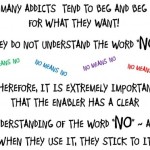
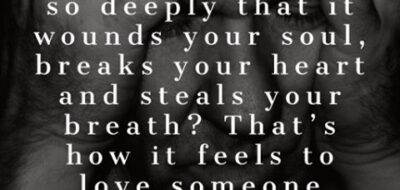
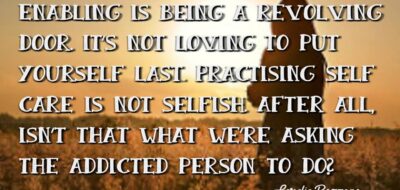
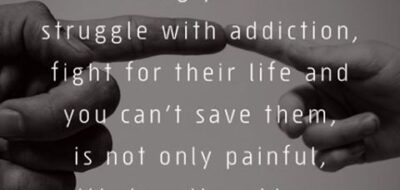
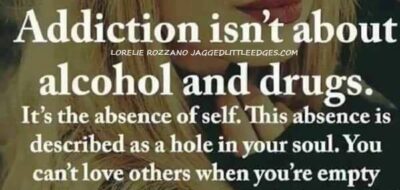
Lisa Neumann
I was just watching a video (from UCLan) and they were talking about this exact thing. According to him, the setting we are in is actually more harming than the drug/alcohol. If was a fairly interesting research and it opened my eyes ever wider to the bigger problem at hand. Great post, Lorelie. A good reminder to be mindful, regardless of where I am in recovery (aka life).
Lorelie
Thanks Lisa, I hope you’re having a great summer!